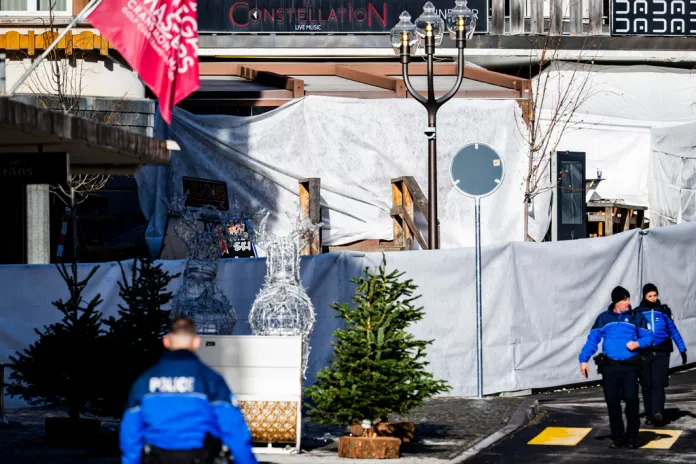House takes six-week recess amid growing to-do list – Washington Examiner
The House of Representatives has adjourned for its annual summer recess one week early, leaving an unfinished agenda that includes vital spending bills. The decision to recess came after lawmakers voted on Thursday, having only managed to pass less than half of their required annual appropriations, despite a goal to complete all 12 bills by the end of July. House Majority Leader Steve Scalise had proposed an ambitious schedule to achieve this, starting with key bills related to Military Construction, Veterans Affairs, and National Defense. However, complications arose when a critical appropriations bill for the legislative branch failed due to bipartisan opposition. This led to the cancellation of several planned votes, leaving seven bills unresolved as they return from recess. Frustration among some lawmakers is growing, especially as it seems likely Congress may forgo a budget and opt for a continuing resolution instead, pushing decisions past the upcoming November elections.
House adjourns for six-week recess with mounting to-do list
The House adjourned for its annual summer recess one week early, leaving behind a mounting to-do list that lawmakers must return to when they reconvene in September.
Lawmakers left Washington after votes on Thursday morning with less than half of their annual spending bills sorted out despite an aggressive appropriations schedule that sought to have all 12 bills passed by the end of the month. Now members will only have three weeks to pass some sort of spending bill to keep the government open before fiscal 2024 ends.
House Majority Leader Steve Scalise (R-LA) announced his proposed schedule to GOP lawmakers during a closed-door meeting in May looking to complete all 12 appropriations bills in June and July.
The schedule began with the Military Construction and Veterans Affairs appropriations bill, which was passed during the week of June 3. Lawmakers then successfully passed the National Defense Authorization Act during the week of June 10, followed by the bills funding the departments of Homeland Security and Defense.
The House then hit a snag on July 11 when it failed to pass its appropriations bill funding the legislative branch after 10 Republicans joined nearly all Democrats to vote against it.
House leaders intended to pass four more appropriations bills this week but later pulled all but one from consideration: Interior and Energy. House Republicans later announced they would cancel votes for next week altogether, leaving seven appropriations bills on the table for when they return from recess.
The schedule has left some lawmakers upset with the lack of progress, especially as it becomes increasingly likely Congress will drop plans to pass a budget and will instead punt the deadline until past the November election.
“[We’re] trying to pass 12 separate Republican appropriation bills, that the Democrat-controlled Senate will NEVER vote on,” Rep. Marjorie Taylor Greene (R-GA) said in a post on X. “For what? Messaging? When the reality that we ALL know is that we will be forced to vote on a CR by Sept 30th which is the government funding deadline. But for some reason that’s not being discussed even though we all know it.”
The ambitious timeline to pass all 12 appropriations bills before Aug. 1 largely served as a test of GOP leadership to pass government funding bills despite not being able to do so last year until six months into fiscal 2024.
However, leadership ran into many of the same problems as last year: intraparty disagreement over controversial policy proposals tucked into the spending bills. Those policies, such as a ban on mail-delivery abortion pills and cuts to Democrats’ signature climate bill, have split GOP lawmakers, particularly those seeking reelection in competitive districts.
Even if the House did manage to pass all of its appropriations bills before the annual recess, it is not clear whether the Senate would have acted with such haste. The Senate has yet to pass any of its spending bills as Democratic leaders and the White House have indicated they would delay the process until after the November election, when it will be more clear who will be president in 2025 and which party will control the upper chamber.
" Conservative News Daily does not always share or support the views and opinions expressed here; they are just those of the writer."




